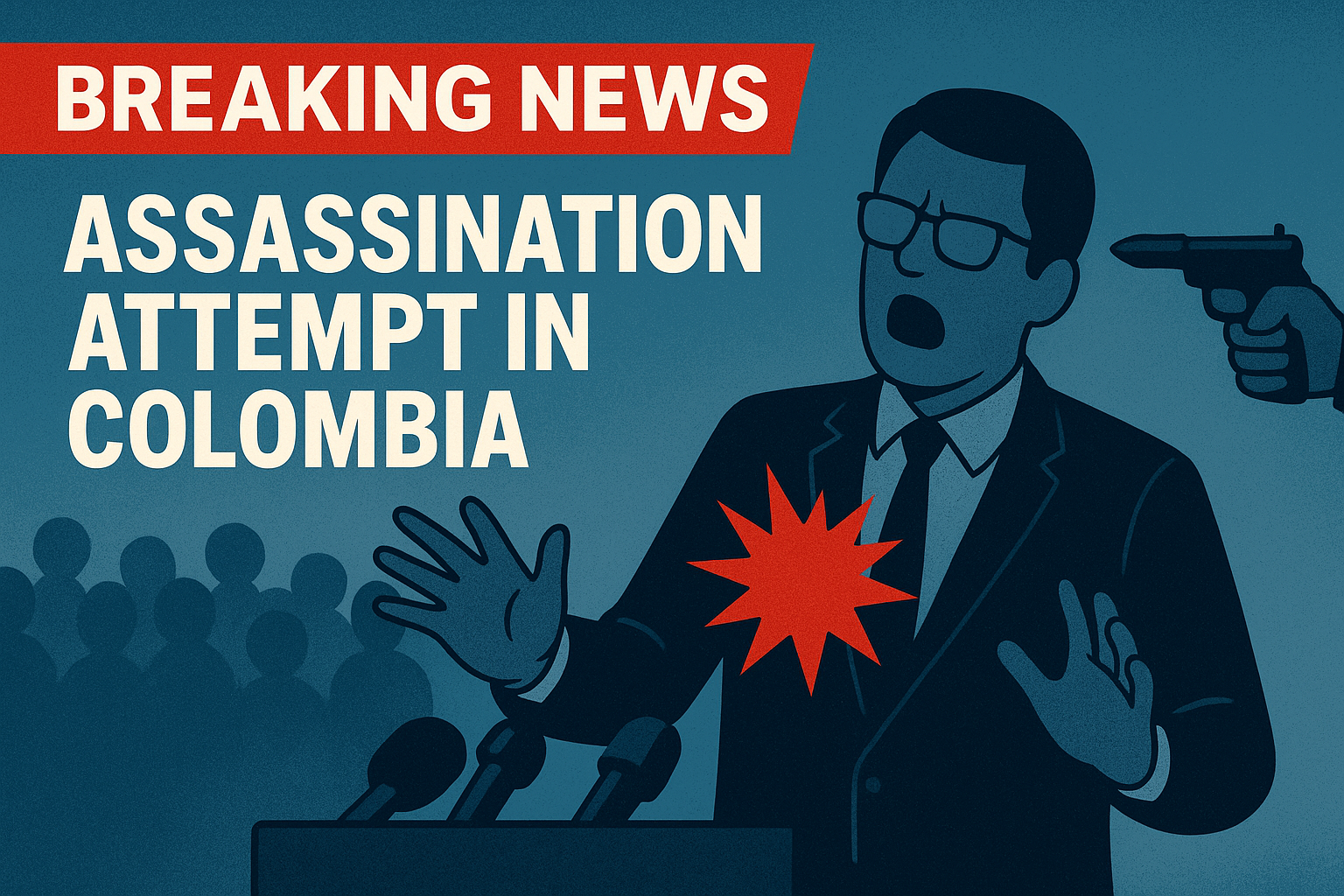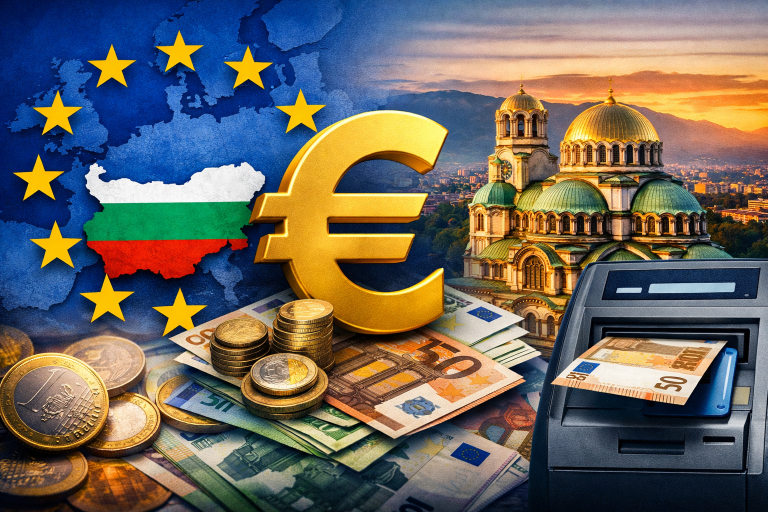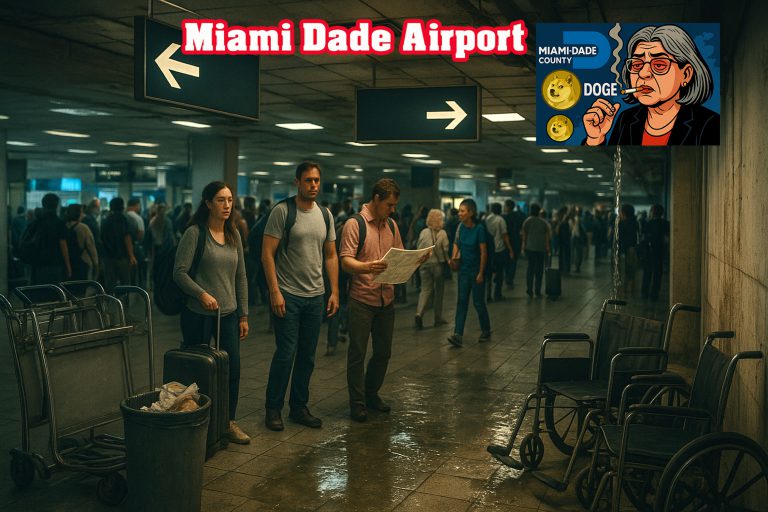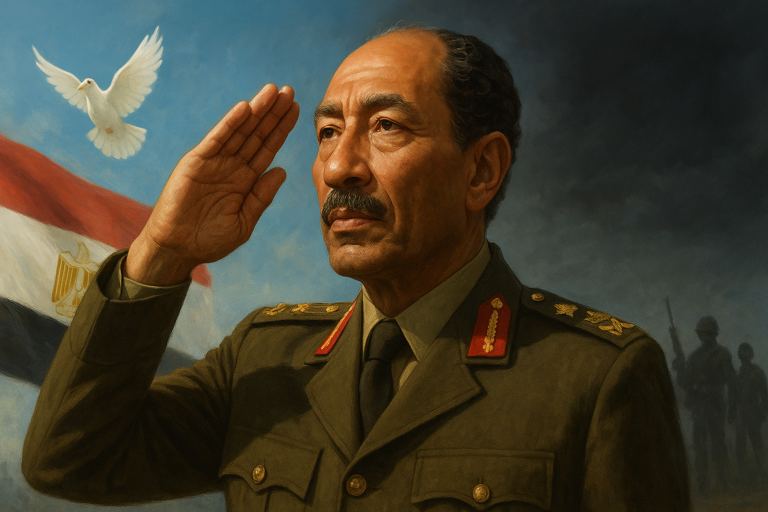
The Assassination Attempt on Miguel Uribe Turbay
On June 7, 2025, Colombian senator and presidential hopeful Miguel Uribe Turbay was critically wounded during a campaign rally in Bogotá’s Fontibón neighborhood. The assailant, a 14-year-old male, was apprehended at the scene, raising questions about the motivations behind the attack and its implications for Colombia’s political landscape. This article delves into the incident, examining the potential political and economic ramifications, as well as the broader context of political violence in Colombia.
The Incident
Miguel Uribe Turbay, affiliated with the right-wing Centro Democrático party, was addressing supporters when he was shot multiple times, including twice in the head. The assailant was swiftly detained, and initial reports indicated that two other individuals were injured during the attack. Uribe was immediately transported to Fundación Santa Fe de Bogotá for emergency surgery and remains in critical condition.
Political Context
Uribe Turbay’s candidacy is notable not only for his political lineage—being the grandson of former President Julio César Turbay Ayala and son of journalist Diana Turbay, who was killed during a kidnapping by Pablo Escobar’s cartel—but also for his staunch opposition to President Gustavo Petro’s administration. Uribe has been vocal in criticizing Petro’s policies, particularly regarding security and economic management, and has accused the current government of attempting to undermine democratic processes.
Potential Motives Behind the Attack
While the exact motives remain unclear, several factors could have contributed to the attack:Political Rivalry: Uribe’s criticism of President Petro and his administration may have made him a target for those who view his candidacy as a threat to the current political order.
Economic Policies: Uribe’s proposals to strengthen security and restore economic stability may have antagonized groups benefiting from the status quo.
Historical Context: Given Uribe’s family’s history with political violence, the attack could be seen as a continuation of Colombia’s turbulent political history.
Implications for Democracy and Security
The attack on Uribe raises significant concerns about the state of democracy and security in Colombia. The swift condemnation from various political figures and institutions underscores the gravity of the incident. President Petro’s cancellation of a planned trip to France and his vow to ensure full transparency in the investigation reflect the seriousness with which the government is treating the matter.
welt.
Economic Ramifications
Political instability often leads to economic uncertainty. Investors may view the attack as indicative of a volatile political environment, potentially affecting Colombia’s economic outlook. Additionally, the incident may influence public opinion on economic policies, particularly those related to security and governance.
The assassination attempt on Miguel Uribe Turbay is a stark reminder of the challenges facing Colombia’s democratic institutions. As the investigation unfolds, it is crucial for all political actors to prioritize dialogue and uphold the principles of democracy to ensure that such acts of violence do not undermine the nation’s progress.





